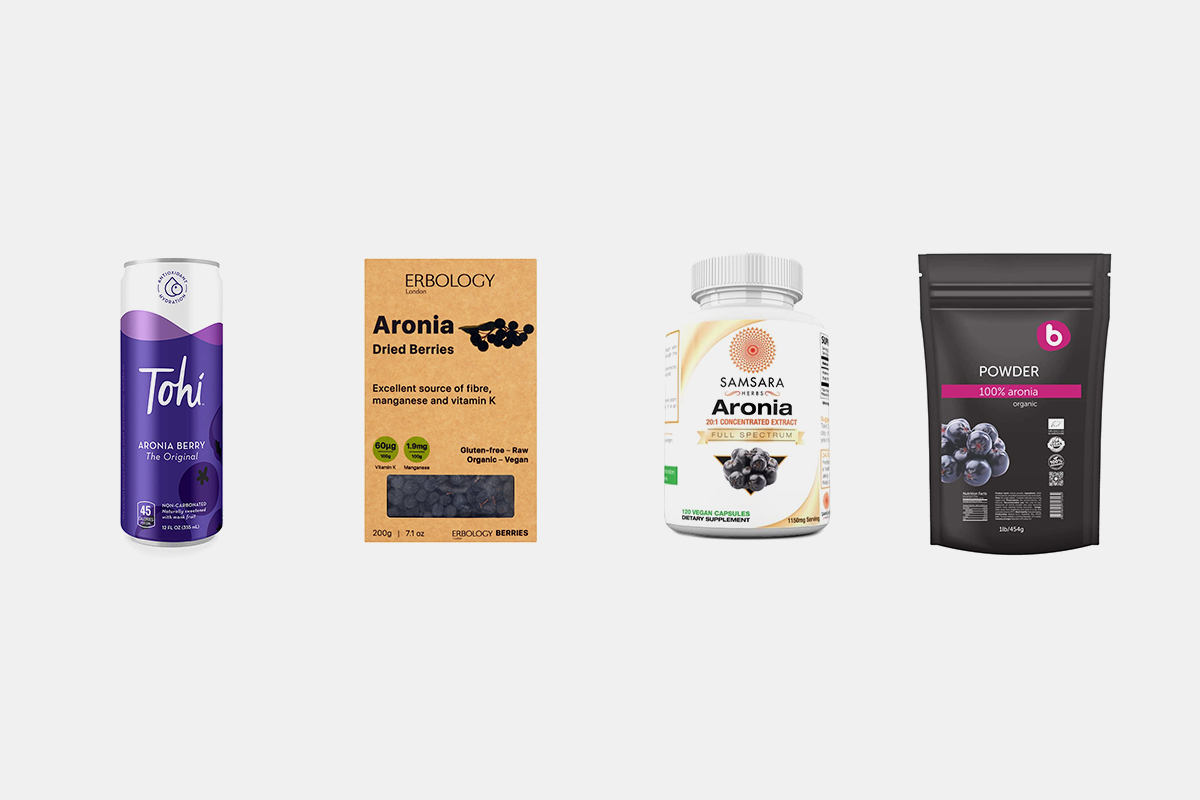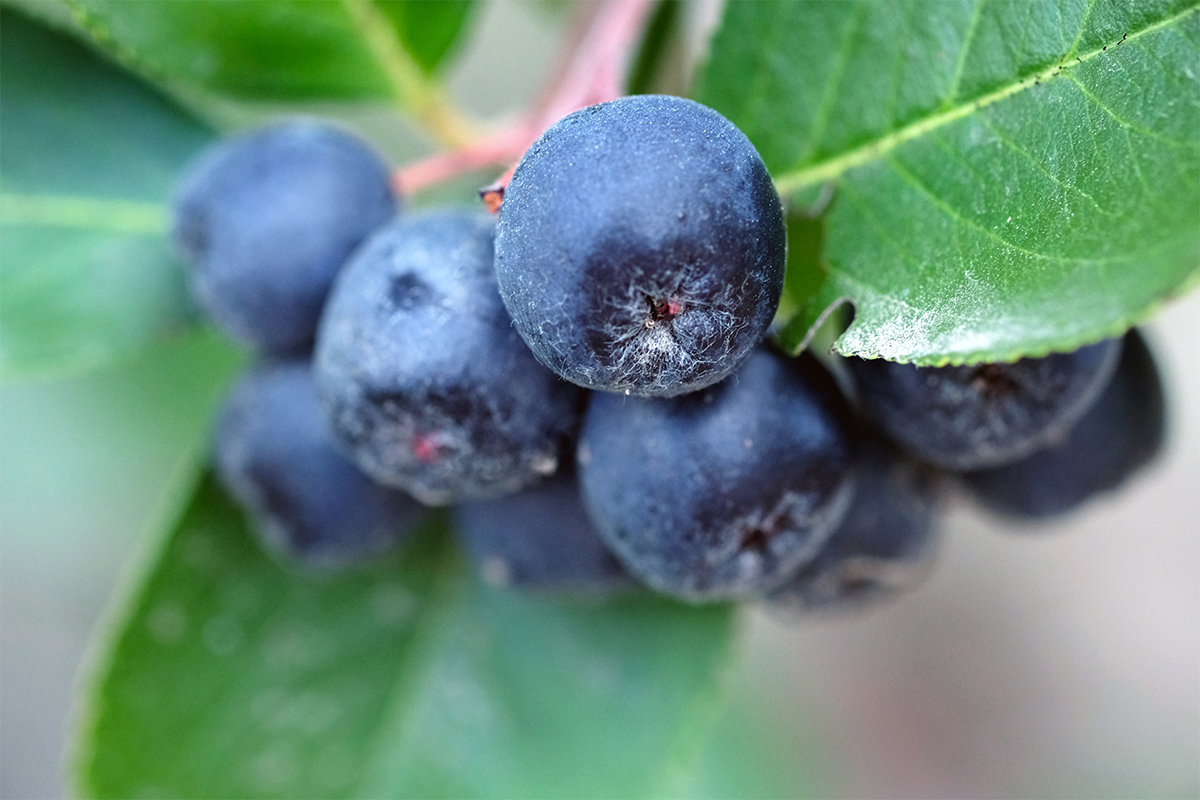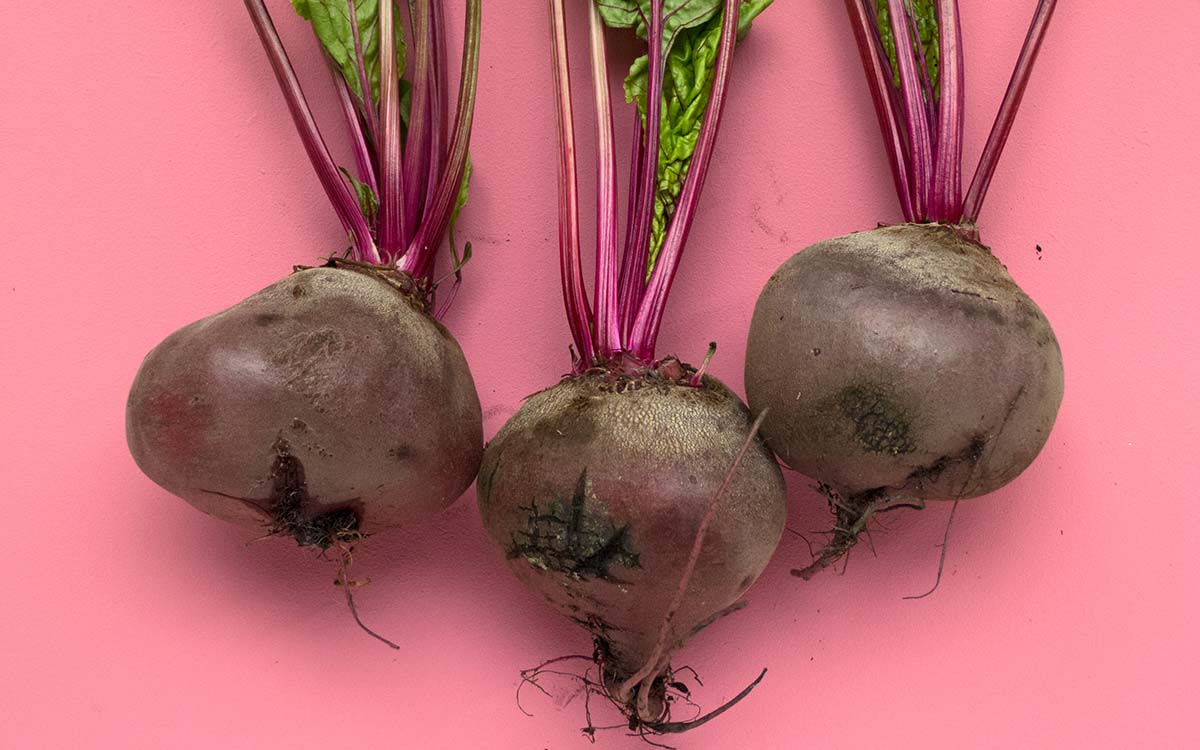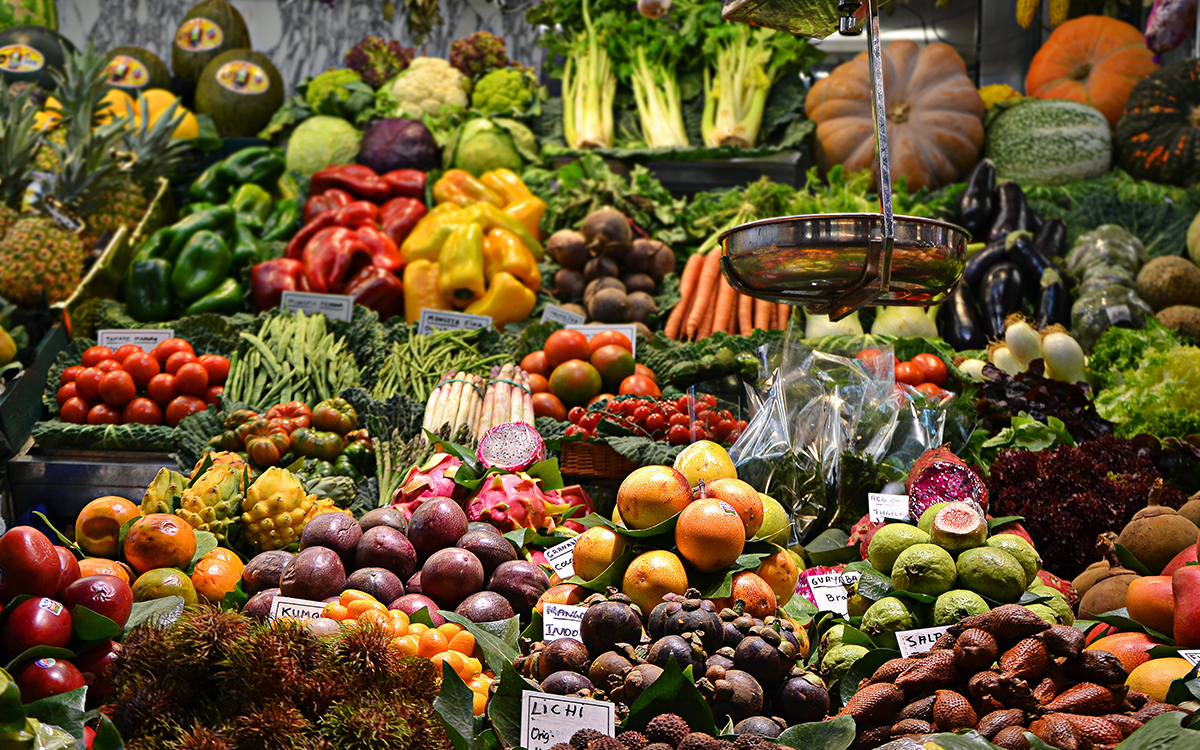In Netflix’s 2018 The Game Changers, a documentary about athletes who’ve documented an increase in energy and success after switching to plant-based diets, a vegan boxer named Bryant Jennings explains that his meatless conversion wasn’t part of some personal journey with extensive, philosophical deliberation. He literally just needed more nutritional information. “I grew up not even knowing about half of these other vegetables,” Jennings says in the film. “Asparagus to me just came out like five years ago.”
Once he realized the benefits (and existence) of asparagus — which includes a knack for lowering blood pressure and improving bone health, two qualities any aspiring fighter would gladly add to his toolbox — it was a no-brainer. It’s a somewhat odd idea, but certain vitamin-rich fruits and vegetables are victims of bad storytelling. There are a ton of plants, seed-bearing or otherwise, that Americans simply don’t know about (like pummelos, Romanesco broccoli and lychee), and dozens more that may seem basic or obvious, but can be quite hard to come by, especially in low-income areas that suffer from the country’s “grocery gap.”
Like any overlooked product, though, sometimes a worthy fruit or vegetable just needs an exciting relaunch. That’s currently underway for the Aronia berry, the fruit of a hardy, deciduous shrub most commonly found in the wet woods of eastern North America.

The Aronia berry is more commonly known as the chokeberry, an unfortunate moniker that refers to its astringent qualities. In less scientific terms: it’s tart as hell. When eaten as a standalone, the chokeberry leaves a sandpaper sensation in the roof of your mouth; it’s little wonder that the casual American consumer grew familiar with the sweet aftertaste of blueberries, strawberries and raspberries instead. To meet those preferences, berry farmers chose their winning horse early: a whopping 95% of blueberry bushels in the world hail from the States, while Poland is the world’s leading exporter of chokeberries. Ecologically, this doesn’t make a whole of sense. Check out this range map of native, flowering Aronia melanocarpa, the plant from which the berry is derived — and then take a look at the planet and reacquaint yourself with Poland.
If you’re wondering why the U.S. is overlooking such an obvious crop, the answer is pretty simple: for ages, the chokeberry has suffered from horrible branding. But the reductive, “high-maintenance” label that American kitchens gave it indicates far more about one nation’s historical taste-or-else inclinations than the Aronia’s true worth as food. Because, in fact, the Aronia is a tank of a plant, easy to grow and well-defended thanks to eons of evolution. It can withstand Georgia summers and Maine winters, it stiff-arms drought, insects, pollution and disease, and as a perennial plant that attracts pollinators, it’s sustainable. And its berries, though tart as ever, are worthy of immediate induction into the superfood hall of fame. History, per usual, had offered clues: the Potawatomi Native Americans, a tribe that lived in southern Michigan before being pushed west by European settlers, long relied on Aronia berries to cure colds.
According to Dr. Elma Hawkins, who has a degree in organic chemistry and has spent more than 35 years of experience in biotechnology drug development, “Aronia berries have a higher antioxidant content than pomegranates, elderberries, blueberries, black cherries and cranberries.” (More specifically, they claim twice the amount of antioxidants as açaí berries, and four times as many antioxidants as the undisputed face of the superfood movement: blueberries.) All those antioxidants — especially manganese and Vitamin C, which Aronia has in abundance — reduce inflammation in the body by fighting free radicals (metabolic reactions that harm cells and can lead to heart disease or cancer). Daily consumption can positively affect blood pressure, lower cholesterol, stabilize blood sugar levels and even improve the health and clarity of your skin.
Similar to Bryant Jennings’s experience with asparagus, this has always been the case. It’s just that people have only recently wised up to the Aronia berry’s full nutritional arsenal. And this is one Gold Rush where everybody wins. Trend forecaster WGSN predicted earlier this year that the lowly chokeberry would find the popularity it’s long deserved in 2020, and while this year has had a lot more on its plate than berries, you can finally find the fruit now in half a dozen different forms. Instead of just being baked in Polish pies, Aronia berries are now readily available as dietary supplements, raw powders and wellness beverages like Tohi, which was actually founded by Dr. Hawkins.
There is no silver-bullet berry; consuming Aronia won’t cancel out a diet built around Taco Bell. But it’s an uncommonly potent addition to your everyday intake of vitamins and fiber, and should be deployed in tandem with blueberries, strawberries and all the other darlings you’ve long kept in your fridge’s produce drawer. If you’re a cook, add them to muffins and cakes. If you’re a masochist, feel free to eat them off the shrub. However you can get them in their system, they’re going to do some good work when they arrive, from macro concerns (fortifying the heart) to clearing up the occupational hazards of life as a human (knocking out UTIs). Don’t call it a comeback; it’s a long overdue coronation.
The Charge will help you move better, think clearer and stay in the game longer. Subscribe to our wellness newsletter today.
























